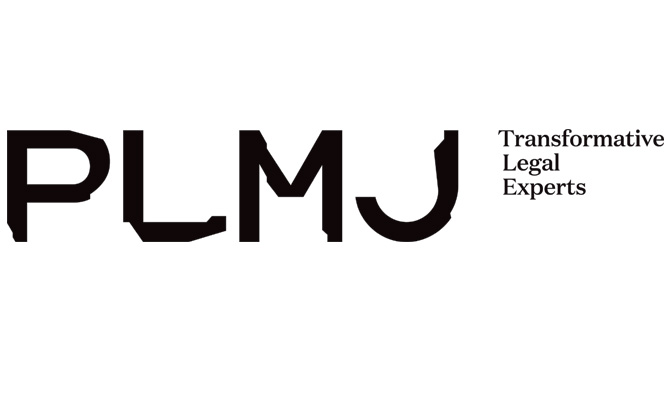
Sponsored briefing: Looking ahead: What does 2023 hold for Portugal?
In past years, Portugal was on the radar for all the wrong reasons, primarily due to the accrued debt problem,…

In past years, Portugal was on the radar for all the wrong reasons, primarily due to the accrued debt problem,…

What do you see as the main points that identify Morais Leitão as a leading firm in the Portuguese legal…
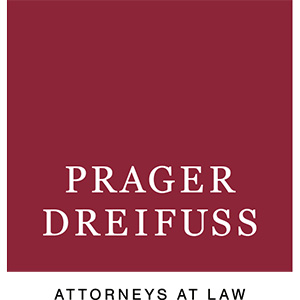
The ever-changing legal and economic environment for insurers calls for experts with a solid background and comprehensive expertise in the…

Though often perceived as neither a glamorous nor exciting field, enforcement law has been and will continue to be the…

As the European Union has made a commitment to becoming carbon neutral by 2050, member states are having to accelerate…

VdA’s Ana Luís de Sousa and Hugo Moredo Santos on the importance of capital markets to sustainable financing The capital…

In 2022 Portugal climbed to eighth place in the ranking of ‘top ten’ of European economies that most attract foreign…
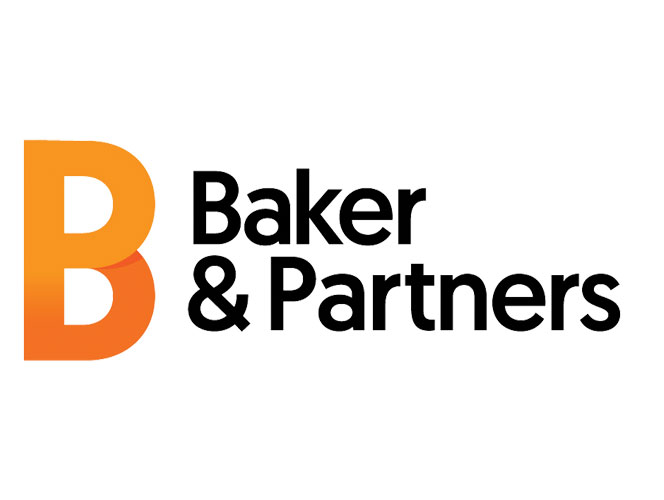
In October 2022, the Privy Council finally handed down judgment in the Z Trust (II) appeals (ETJL v Halabi; ITGL…

State court litigation and private arbitration proceedings require practitioners to combine legal thoroughness and the management of evidence with strategic…
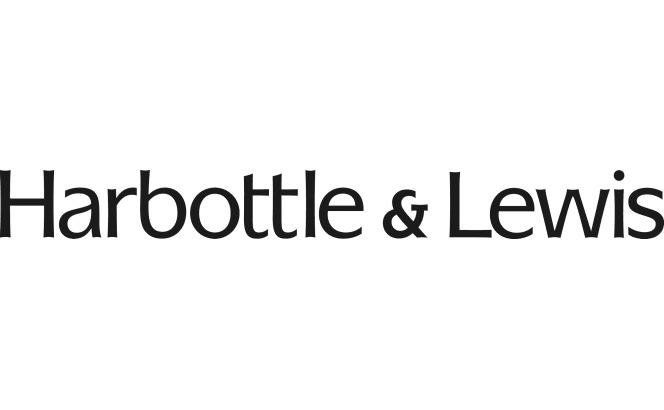
Harbottle & Lewis added a new string to its TMT bow this year when it hired a commercial technology team…
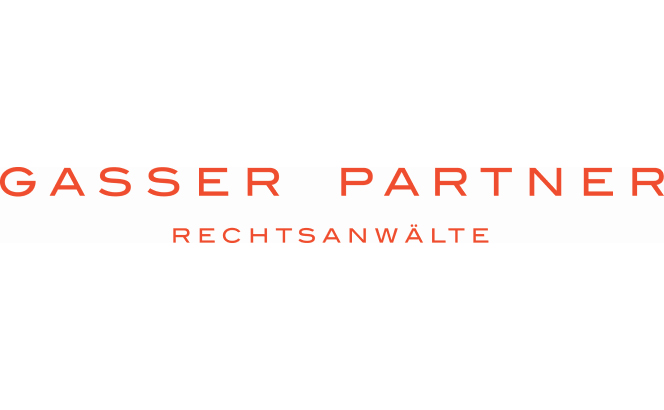
Gasser Partner’s Hannes Arnold and Christina Delia Preiner on how Liechtenstein is keeping up with and shaping developments in fintech…
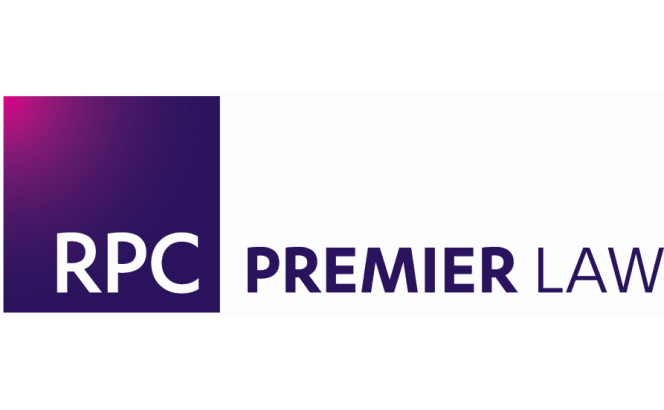
Nicholas Lauw, Yuankai Lin, Selina Toh and Pu Fang Ching from RPC Premier Law on the legal issues related to…

Partners from Haiwen & Partners take an in-depth look at TMT in China The TMT (commonly known to represent ‘technology,…

Penkov, Markov & Partners’ Nikolay Cvetanov and Dimo Katrandzhiev on the GDPR risks facing employees checking the references of potential…
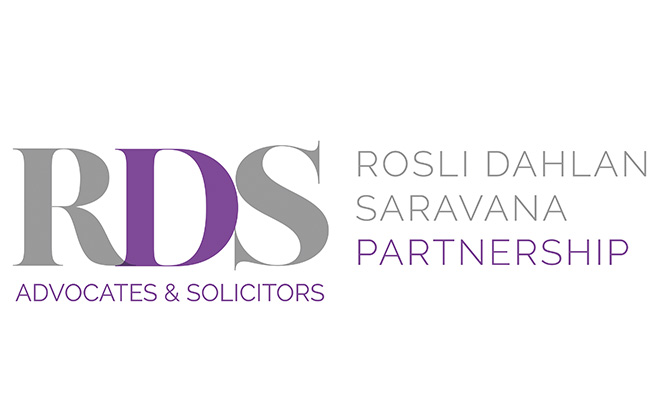
Lim Zhi Jian, Bahari Yeow and Alex Choo of Rosli Dahlan Saravana Partnership on how Malaysia is responding to technological…

Yoshifumi Onodera of Mori Hamada & Matsumoto explains the current developments in intellectual property law within the TMT sphere What…
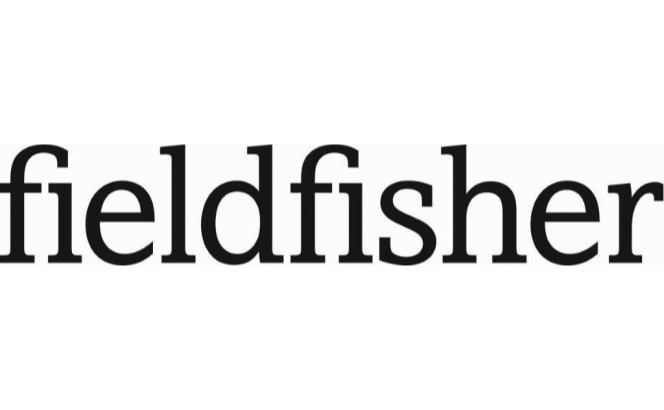
Paul Lanois of Fieldfisher on how California led the way in creating new legislation inspired by GDPR Since the introduction…
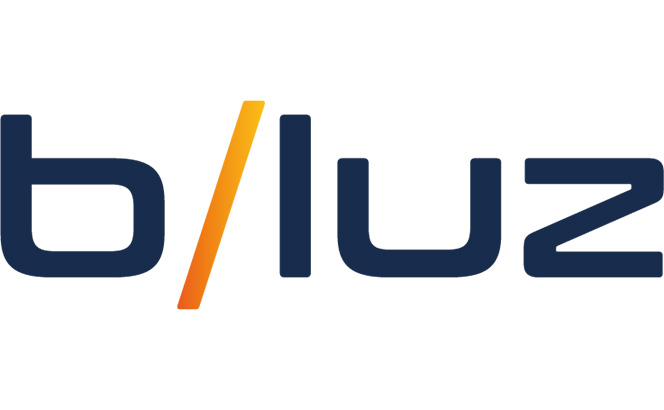
Pedro Henrique Ramos, senior partner of b/luz, on the opportunities available in the Brazilian TMT market The evolution of law…

Over the last decade, considering global warming and climate change issues, one of the most significant financial innovations in the…

Does the Israeli Consumer Protection Law 5741-1981, a mandatory law, apply to international online platforms, offering their services to Israeli…